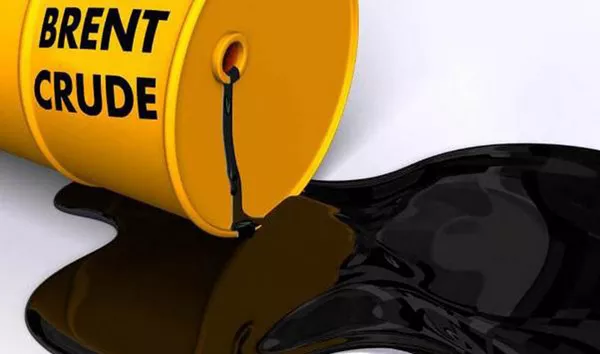Oil futures contracts are agreements to purchase or sell a certain quantity of oil at a designated future date and price. Futures contracts provide an opportunity for investors to hedge their risks against potential fluctuations in the price of oil, as well as speculate on the direction of the market. However, investing in oil futures can be complex and requires a thorough understanding of the market dynamics. In this guide, we will walk you through the basics of buying oil futures contracts.
Understanding Oil Futures Contracts
Definition of Oil Futures Contracts:
Oil futures contracts are agreements between two parties to buy or sell a specified amount of oil at a predetermined price and date in the future. They are traded on commodity exchanges such as the New York Mercantile Exchange (NYMEX) and the Intercontinental Exchange (ICE).
Types of Oil Futures Contracts:
There are several different types of oil futures contracts, including Light Sweet Crude Oil (WTI), Brent Crude Oil, and Heating Oil. These contracts differ based on the type of oil being traded, the delivery location, and other specifications.
How Oil Futures Prices are Determined:
The price of oil futures contracts is determined by the supply and demand dynamics of the oil market. Factors that affect the supply and demand of oil include global economic conditions, geopolitical tensions, and weather patterns.
Risks and Benefits of Buying Oil Futures Contracts
Risks of Buying Oil Futures Contracts:
Investing in oil futures contracts can be risky due to the volatility of the oil market. Unforeseen events such as natural disasters, political unrest, and changes in government policies can cause rapid fluctuations in oil prices, which can result in significant losses for investors.
Benefits of Buying Oil Futures Contracts:
Despite the risks, investing in oil futures contracts can also have benefits. Investors can use futures contracts to hedge against potential losses in their oil-related investments, such as oil company stocks. Speculators can also use futures contracts to profit from the direction of the market.
Factors to Consider Before Buying Oil Futures Contracts:
Before investing in oil futures contracts, investors should consider factors such as their risk tolerance, investment goals, and knowledge of the oil market. They should also be aware of the costs associated with trading futures contracts, including margin requirements and transaction fees.
Steps to Buying Oil Futures Contracts
Choose a Commodity Broker:
Investors who want to trade oil futures contracts must first choose a commodity broker. Commodity brokers are companies that provide access to commodity markets and facilitate trades for clients.
Open a Trading Account:
After choosing a commodity broker, investors must open a trading account. This typically involves completing an application form and providing personal and financial information.
Fund the Trading Account:
Once the trading account is opened, investors must fund it with cash or other assets. The amount of funds required depends on the broker’s margin requirements.
Place an Order:
Investors can place orders to buy or sell oil futures contracts through their commodity broker’s trading platform. Orders can be placed manually or using automated trading systems.
Monitor the Position:
After placing an order, investors must monitor their position regularly to assess the market conditions and make adjustments as necessary. This may involve setting stop-loss orders to limit potential losses.
Tips for Successful Trading of Oil Futures Contracts
Stay Informed About Market Conditions:
Successful trading of oil futures contracts requires staying informed about market conditions. This includes monitoring global economic and political developments that could affect the supply and demand of oil.
Diversify Your Portfolio:
Investors can reduce their risks by diversifying their portfolio across different asset classes, such as stocks, bonds, and commodities.
Use Risk Management Strategies:
Risk management strategies such as setting stop-loss orders can help investors limit their potential losses.
Conclusion
Investing in oil futures contracts can provide an opportunity for investors to hedge against potential losses or speculate on market direction. However, it requires a thorough understanding of the market dynamics and risks involved. By following the steps outlined in this guide and staying informed about market conditions, investors can make informed decisions when trading oil futures contracts.


